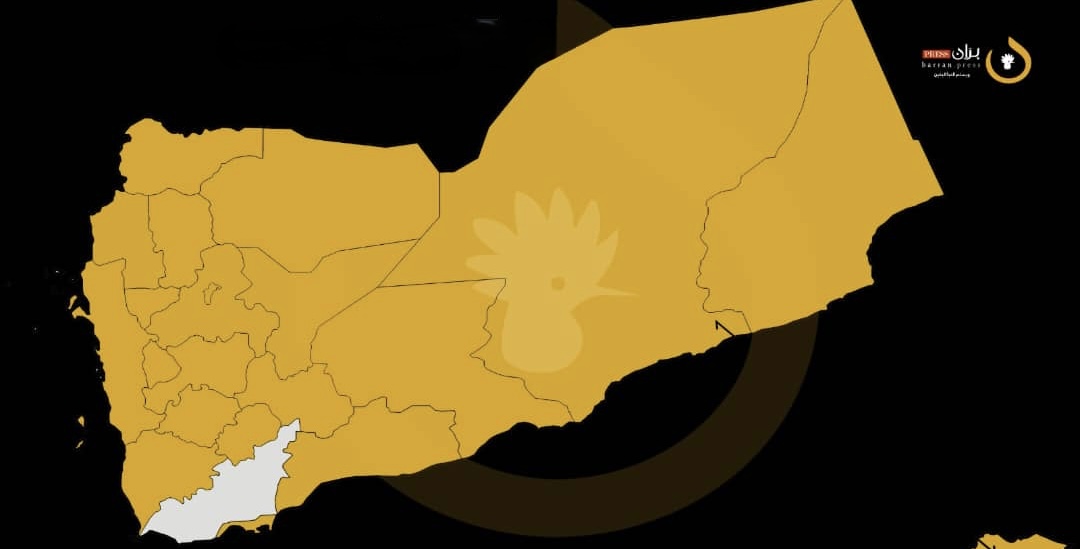
Barran Press
Aden, Yemen - The Central Bank of Yemen announced on Thursday, September 12, 2024, that it will hold an auction for long-term domestic public debt instruments. The announcement, made in Aden, the temporary capital of Yemen, was published by the official Yemeni news agency Saba.
The instruments will consist of treasury bonds with a maturity of 3 years and short-term treasury bills with a maturity of 1 year. The auction will be held on Wednesday, September 18, 2024, and will be conducted competitively based on the offered return rates. Each participant can submit bids at different rates. The initial value of the auction is 5 billion Yemeni riyals, which can be increased if necessary.
The minimum value of a bid submitted by participants in the auctions is 50 million Yemeni riyals, and the bid amount must be a multiple of 50 million. The annual interest rate for the treasury bond auction will be 20%, with interest accruing to shareholders every 6 months and paid as a subsequent interest payment based on the actual number of days from the settlement date. The annual interest rate for the short-term treasury bill auction will be 18%, with interest accruing to shareholders every 6 months and paid as a subsequent interest payment based on the actual number of days from the settlement date.
According to the bank's announcement, participants in the treasury bond auction can submit multiple bids with different returns between 18% and 20%. Participants in the treasury bill auction can submit bids with a maximum return of 18%.
The bank has instructed participants to submit bids through the Refinitiv electronic platform. Participants who cannot submit bids directly through the platform can submit their bids via email to the General Directorate of Public Debt and Government Borrowing at [email protected]. The bids will be submitted on their behalf by specialists from the electronic platform management at the Central Bank of Yemen.
The Central Bank has stated that participants cannot cancel or change bids after they are allocated and accepted. Settlements will be made within two working days of the auction. The bank's branches in liberated areas will accept notifications from all participants in the auction, provided that the notification is a notification of cash supply in the branch's vaults on the specified date of supply for the value of the subscriptions.
In this regard, the Central Bank has instructed all its branches in liberated governorates, as well as participating local banks, to comply with all the details of these specified conditions. The bank has warned that anyone who violates these provisions will be held legally and financially responsible for any consequences arising from non-compliance with these conditions.
On May 26, 2024, the bank announced two auctions for the sale of treasury bills with an initial value of 10 billion riyals for short-term and long-term maturities. The bank specified in two separate announcements published on its website that the duration of the auction for short-term domestic public debt instruments, represented by treasury bills, is one year, while the long-term duration is three years.
Yemen is facing a severe cash crisis, with the local currency experiencing a sharp decline against foreign currencies. The Yemeni riyal has reached its lowest level against foreign currencies in Aden and areas under the control of the Yemeni government, reaching 1706 riyals per US dollar, compared to 1676 riyals in late April. The Saudi riyal is also trading at 449 riyals per dollar, compared to 441 riyals previously.
The Yemeni economy faces severe challenges due to the currency split imposed by the Houthi group, which is classified as a terrorist organization. These challenges have intensified following the group's bombing of oil export ports in October 2023, which prevented the internationally recognized government from exporting oil.





